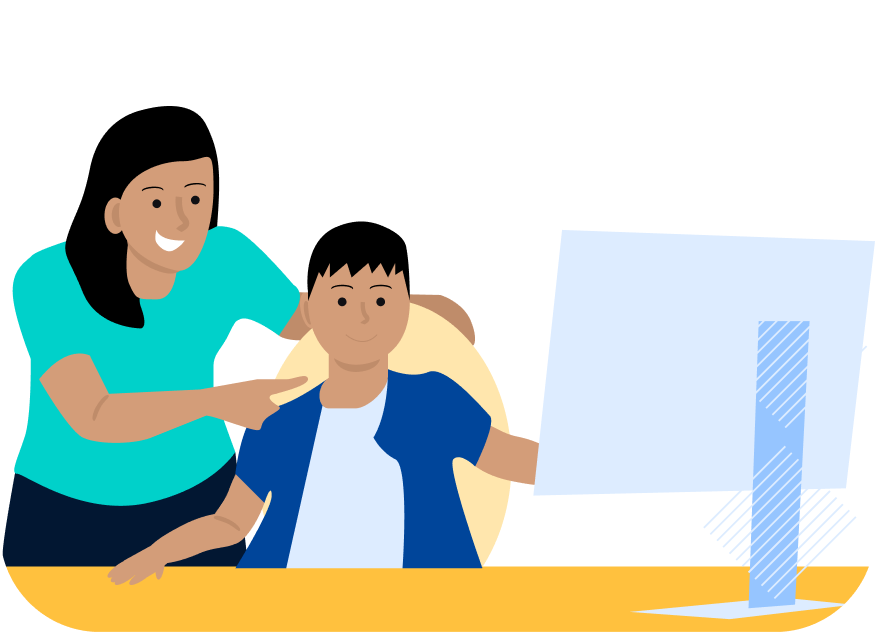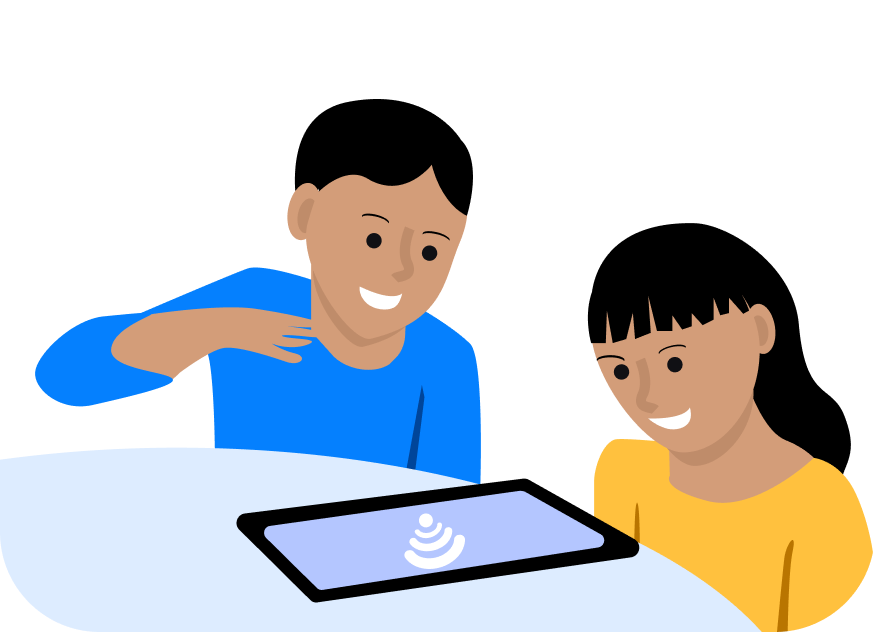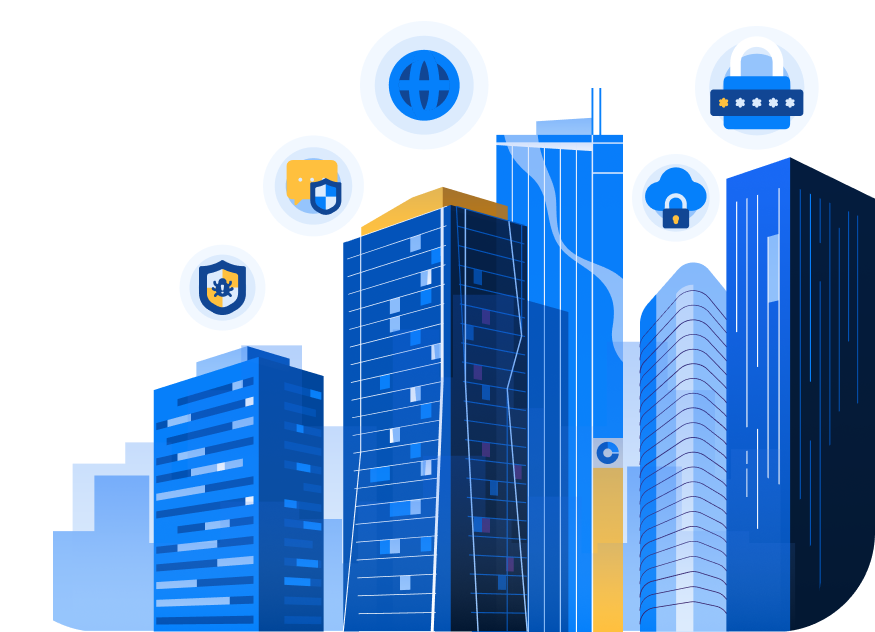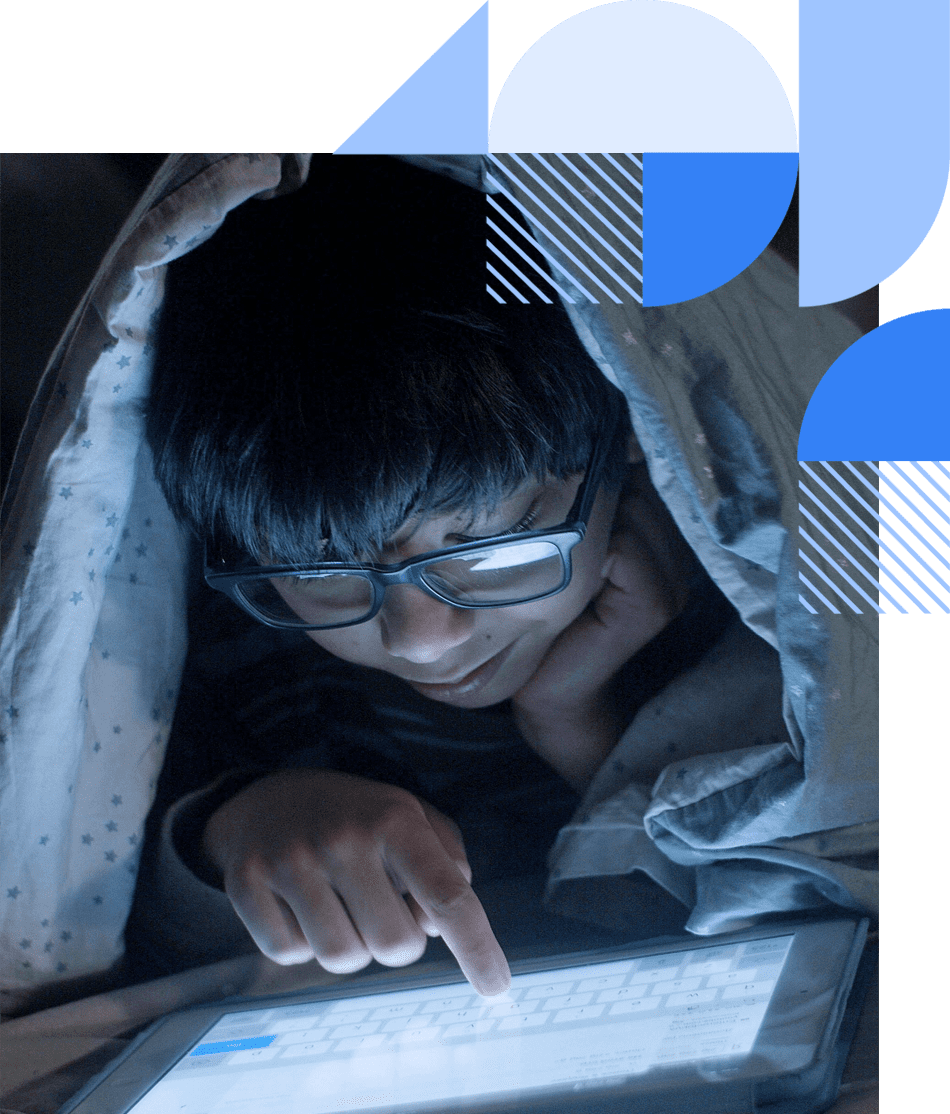
Child Online Safeguarding Policy (COSP)

For Parents

For Children

For NGOs

For ISPs

Child Online Safeguarding Policy (COSP)
To better protect children online, the DICT has passed the Department Circular No. 015 s. 2020 or Child Online Safeguarding Policy for its Free Internet Access in Public Places Program to protect all Filipinos, especially children, from the harms of the Internet.
The Department Circular covers all public places under the FIAPP Program and its private and public stakeholders, including ISPs, NGAs, LGUs, CSOs, and NGOs.


What is COSP?
DICT Department Circular No. 015 s. 2020 or the Child Online Safeguarding Policy provides guidelines, mechanisms, and standards for protecting children and teen users of the Free Internet Access in Public Places (FIAPP) Act.
The Department Circular states there the responsibilities of FIAPP stakeholders must:
-
- Adhere to the COSP policy and all connected child safeguarding policies
- Restrict dangerous and harmful content such as pornography and gambling
- Provide safety measures such as implementing the Captive Portal of the FIAPP program
- Participate in all COSP promotions and activities
Failure to comply with the policy will mean a criminal or administrative investigation.
The Internet isn’t as safe as it seems…
Amount of cyber tips received by the Department of Justice in 2018
Amount of cyber tips recorded in 2019
Increase in online child abuse and exploitation since 2020
Approximate number of blacklisted websites

What is Free Internet Access in Public Places?
The Free Internet Access in Public Places Act (FIAPP) or RA 10929 is a program that aims to implement free Internet Access in government offices, educational institutions, and other public spaces such as hospitals, parks, and transport terminals.
Ultimately, The program aims to empower the Filipino people digitally by making technological advancements freely accessible and safe for children.

